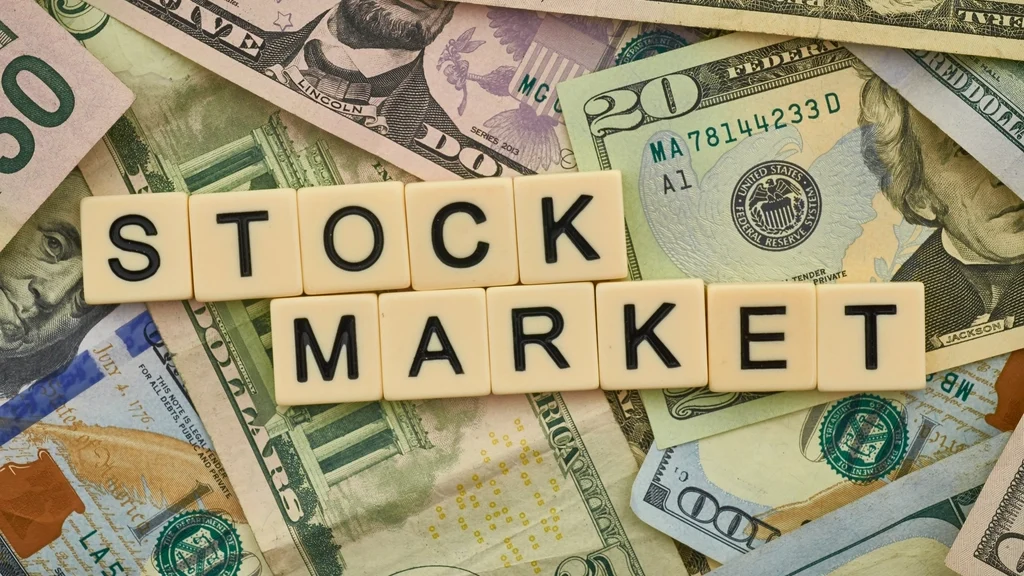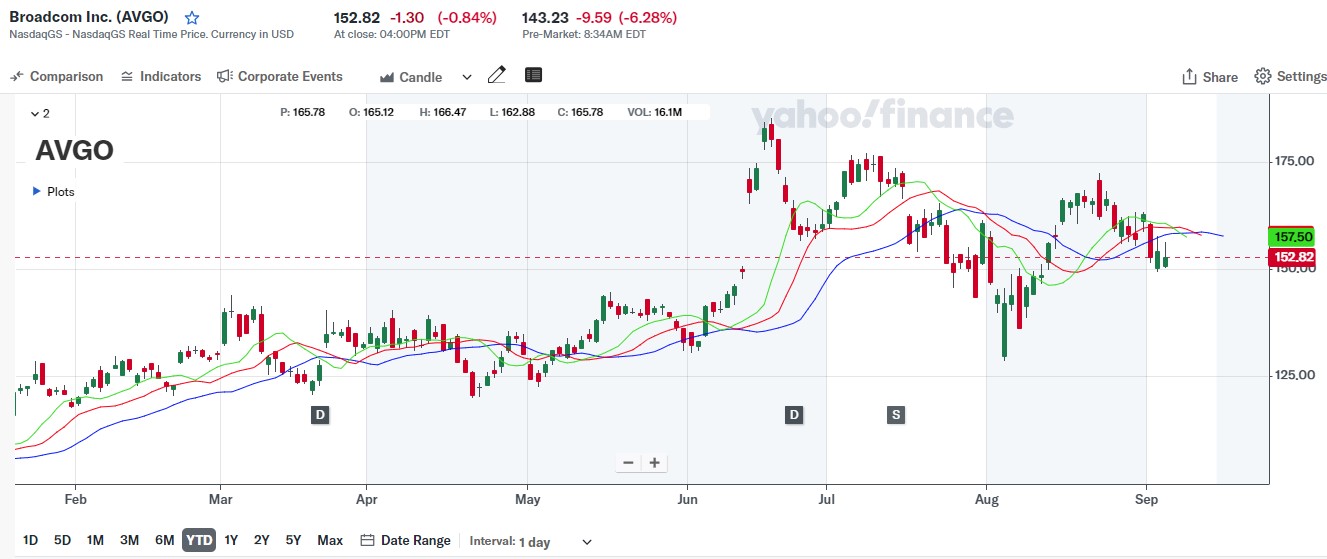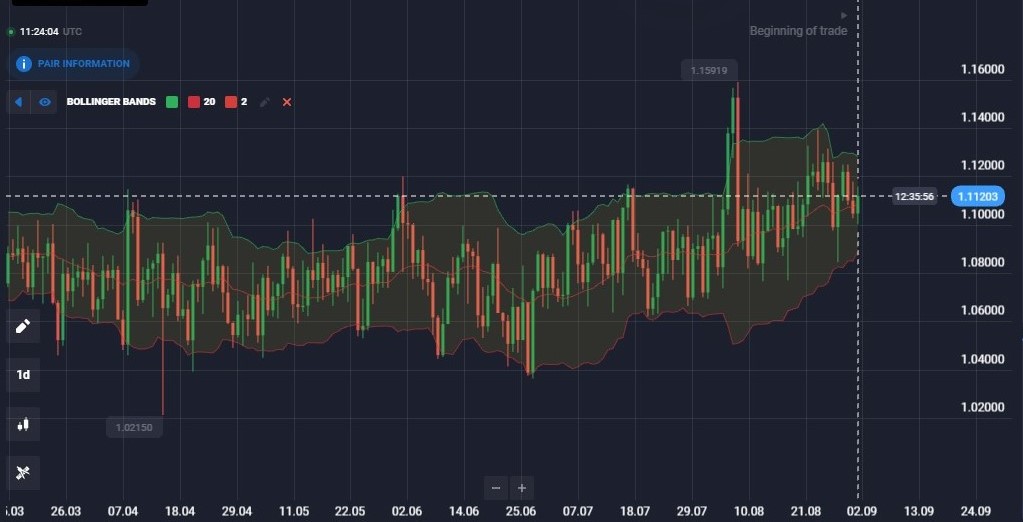Introduction
What is the Stock Market?
According to Investopedia, the stock market acts as an exchange system that facilitates the buying and selling of shares in publicly traded corporations. Transactions are mostly executed electronically among far-off participants. The mechanism serves as an effective method for enterprises to acquire funds from investors. Analysts also keep a careful eye on its trading prices for clues about the health or weakness of the economy.
What do Market Hours Mean?
Market hours refer to the specific time window during which a particular market is open for trading, enabling participants to engage in the buying and selling of securities. In the United States, stock market hours usually run from 9:30 AM to 4:00 PM Eastern Time. However, pre-market trading can start as early as 4:00 AM and after-hours trading can go on until 8:00 PM. In Japan, the stock market is open from 9:00 AM to 3:00 PM local time. These hours may vary depending on holidays and other factors.

Main Players in the Stock Market
The main players in the stock market are:
Who are Retail Investors?
In the stock market, retail investors are individuals who trade stocks on their own behalf rather than representing an institution. They are often considered uninformed and naive traders compared to large individual investors, who are seen as possessing valuable information and being more skilled in their trades. Retail investors tend to buy shares before bad news and sell shares before an earnings surprise, while large individual investors can positively predict future earnings surprises (Edward and Cheng-Yi).
Who are Institutional Investors?
Institutional investors, such as mutual funds, pension funds, and insurance companies, are large organizations that make investments on behalf of others. They are often considered to have more resources and expertise in analyzing financial statements and market trends compared to individual investors.
Who are High-frequency Traders?
High-frequency traders are individuals or firms that use complex algorithms and powerful computers to execute trades at extremely high speeds in order to capitalize on small price discrepancies. Their goal is to make profits by exploiting market inefficiencies.
How does High-frequency Trading Work?
High-frequency trading is conducted through supercomputers that allow firms to execute trades within microseconds or milliseconds. It involves automated trading using algorithms without human direction, low-latency technology, high-speed connections to markets, and high message rates (José, Rena, and Gary).
For example, an institutional investor like BlackRock may use their expertise to analyze market trends and make strategic investment decisions on behalf of their clients. On the other hand, high-frequency traders like Citadel Securities may use their advanced technology to quickly buy and sell large volumes of stocks in milliseconds to profit from minor fluctuations in prices.
How do Publicly Traded Corporations Contribute to the Stock Market?
Publicly Traded Corporations play a significant role in the stock market by offering shares to the public, allowing investors to buy and sell ownership stakes in the company. These corporations are listed on stock exchanges, where their shares are traded, contributing to market liquidity and providing opportunities for investors to diversify their portfolios (El).
Meanwhile, publicly traded companies also engage in trading, purchasing, and selling shares to generate profits for the company and its shareholders. Additionally, publicly traded companies may also participate in stock buybacks to increase the value of their shares.
Who are Market Makers?
Market makers are dealers who provide liquidity in the financial markets by buying and selling securities. They can be institutional brokers, national retail brokers, wholesale market makers, or regional brokers. Market makers often specialize in specific industries or geographic regions and rely on sources of order flow to make profitable trades (Schultz).
Who are Regulators?
Regulators are entities responsible for overseeing the securities industry and ensuring compliance with laws and regulations to protect investors. They have the authority to investigate and enforce penalties for violations of securities laws. For example, the Securities and Exchange Commission (SEC) is a regulator in the United States that monitors and enforces securities laws. The SEC has the power to bring civil enforcement actions against individuals or companies that break these laws.
Key Takeaways
Keeping track of who are the main players in the stock market can also help investors navigate the market more effectively and how they might influence stock prices. At the end, it is crucial for investors to stay informed and educated on the regulations and practices within the stock market in order to protect their investments and make informed decisions.
While the SEC plays a crucial role in enforcing securities laws, it is ultimately up to individual investors to conduct their own research and due diligence when making investment decisions. This responsibility cannot be understated in order to mitigate risk and maximize returns.
References
Edward, H. Chow, and Shiu Cheng-Yi. The Informational Role of Individual Investors in Stock Pricing Evidence From Large Individual and Small Retail Investors. PacificBasin Finance Journal 31, 2015, www.sciencedirect.com/science/article/pii/S0927538X14001036.
El, Wassal Kamal A. “The development of stock markets: In search of a theory. International Journal of Economics and Financial Issues 3 No. 3, 2013, dergipark.org.tr/en/pub/ijefi/issue/31958/351940.
José, Penalva. “Where is the value in high frequency trading? The Quarterly Journal of Finance 2 No. 03, 2012, www.worldscientific.com/doi/abs/10.1142/S2010139212500140.
Rena, S., and Shorter. High frequency trading: Overview of recent developments. Vol Gary. 4. Washington DC Congressional Research Service, sgp.fas.org/crs/misc/R44443.pdf.
Robert, C. Jung. “A common factor analysis for the US and the German stock markets during overlapping trading hours. Journal of International Financial Markets Institutions and Money 18 No. 5, 2008, www.sciencedirect.com/science/article/pii/S1042443107000376.
Schultz, Paul. “Who makes markets. Journal of Financial Markets 6 No. 1, 2003, www.sciencedirect.com/science/article/pii/S1386418102000228.
“Stock Market – Wikipedia.” Stock Market – Wikipedia, 1 Nov. 2020, en.wikipedia.org/wiki/Stock_market.
“What Is the Stock Market and How Does It Work?” Investopedia, 12 Apr. 2024, www.investopedia.com/terms/s/stockmarket.asp.





